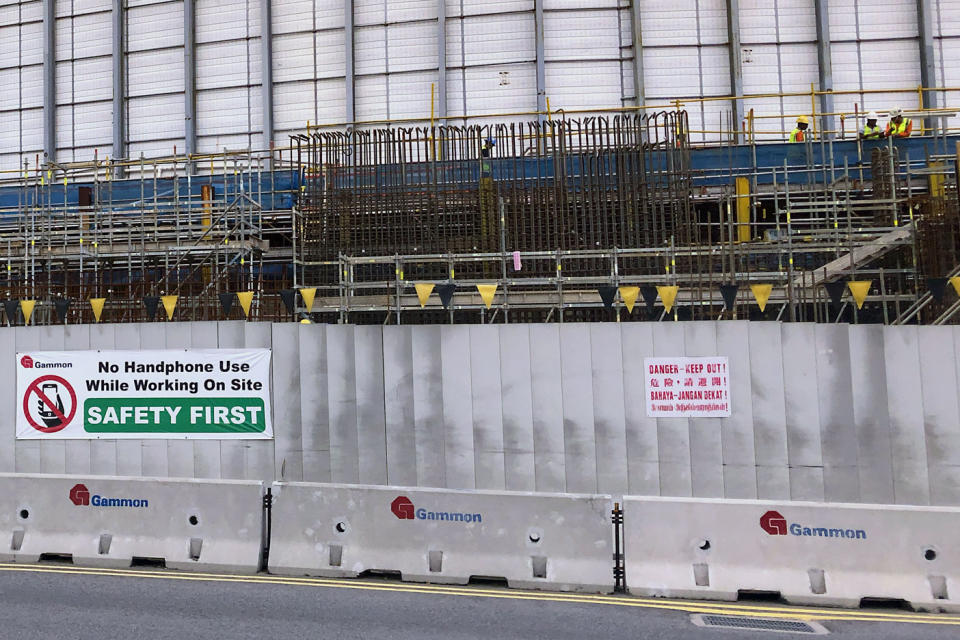Budget 2020: S Pass ratio to be reduced to 15% for 3 sectors

SINGAPORE — The Government will reduce the ratio ceiling for S Pass workers in the construction, marine shipyard and process sectors from 20 per cent to 15 per cent, Deputy Prime Minister and Finance Minister Heng Swee Keat said on Tuesday (18 February).
The reduction of foreign workers will take place in two steps - from 20 per cent to 18 per cent on 1 January 2021, and then to 15 per cent on 1 January 2023.
“We are announcing the changes about a year ahead to give time for enterprises to adapt,” said Heng during his Budget speech.
The Government aims to cut the ratio for the manufacturing sector when economic conditions are better. “We do want manufacturing companies to make the effort to recruit local skilled workers and technicians too,” said Heng.
Meanwhile, the foreign worker levy rates for all sectors will remain unchanged.
The S Pass allows mid-level skilled staff to work in Singapore. Candidates need to earn at least $2,400 a month and have the relevant qualifications and work experience.
The Government had last year announced cuts to the ratio of foreign workers for the services sector.
In his Budget speech, Heng noted that with Singapore’s declining local labour force growth, foreign workers are a necessary complement, but the inflow has to be regulated carefully in a way that creates opportunities for locals.
Jobs done by S Pass holder can be done by locals such as polytechnic diploma holders, he pointed out.
“We created the S Pass category because despite our best efforts, we are not producing enough of such skilled locals. S Passes enable enterprises to top up their workforce with more skilled workers, and to recruit workers with particular skills that locals may lack. But S Passes should not be a means by which enterprises hire low-cost foreign workers, when qualified locals are available,” Heng added.
The number of S Pass holders in the construction, manufacturing, marine shipyard and process sectors has been growing by 3.8 per cent over the last two years. Heng said the Government has been working closely with industry and educational institutions to build up a pipeline of local manpower, including mid-career workers.
Stay in the know on-the-go: Join Yahoo Singapore's Telegram channel at http://t.me/YahooSingapore
Related stories:
Budget 2020: More support for needy students and pre-schools
Budget 2020: Overall budget deficit of $10.9b expected for FY2020
Budget 2020: All vehicles to run on cleaner energy by 2040
Budget 2020: $5 billion fund for Singapore to combat rising sea levels
Budget 2020: $1.6 billion package to help Singaporeans amid economic slowdown
Budget 2020: $8.3 billion for economic transformation and growth
Budget 2020: SkillsFuture expansion to aid Singaporeans' development
Budget 2020: GST increase will not take place in 2021
Budget 2020: $5.6B packages to help alleviate economic slowdown
Budget 2020: S Pass ratio to be reduced to 15% for 3 sectors
UPDATES: Budget 2020: Singapore prepares S$6.4 billion for coronavirus relief measures

 Yahoo Finance
Yahoo Finance 
